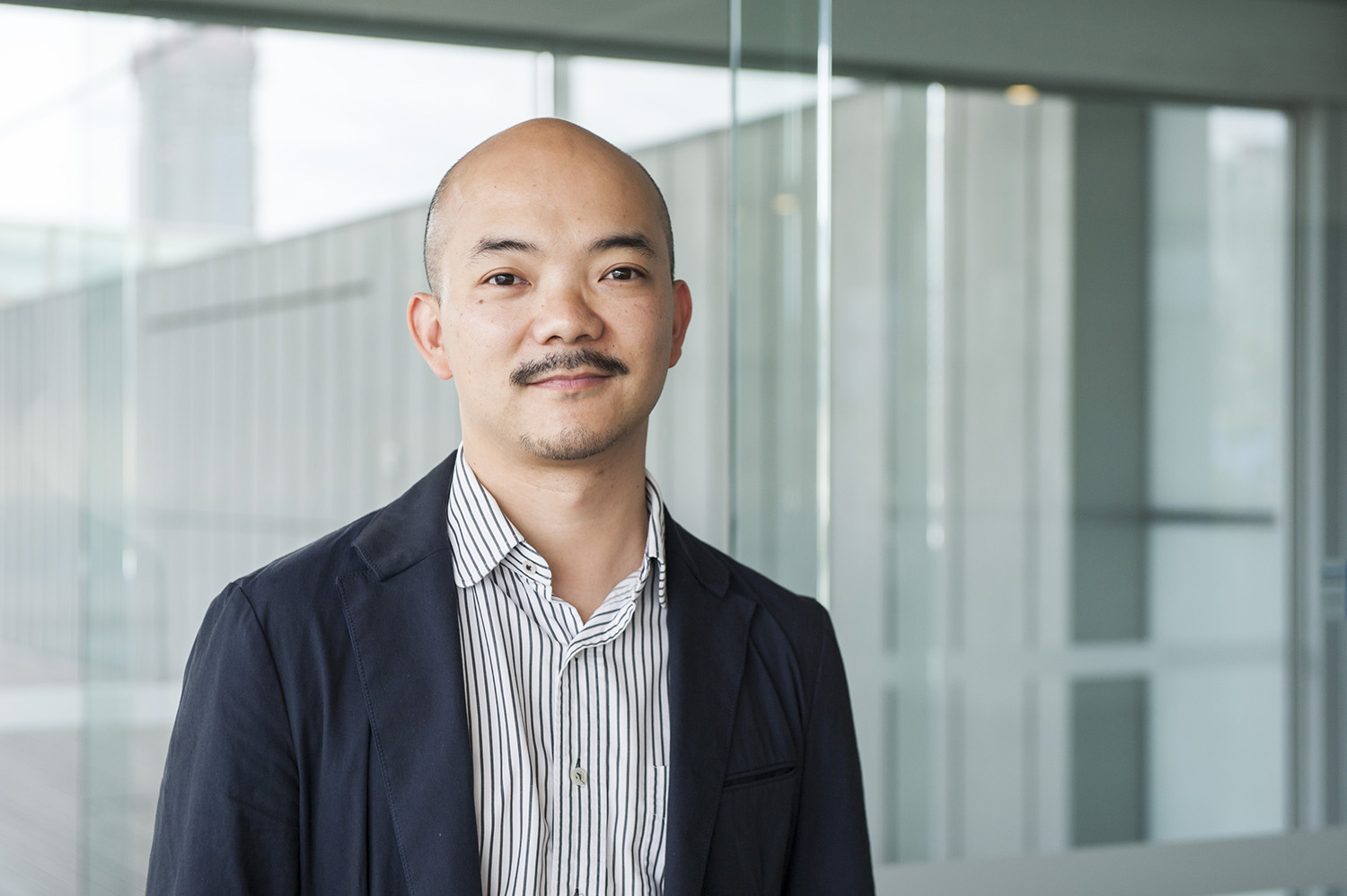News
Aaron Seeto Appointed Director of Museum MACAN


On November 10, Aaron Seeto was appointed director of the Museum of Modern and Contemporary Art in Nusantara (Museum MACAN), Indonesia’s first museum dedicated to international contemporary art. Seeto steps into his new role with 15 years of active experience in the Asia-Pacific region, most recently serving as the curatorial manager of Asian and Pacific art at the Queensland Art Gallery | Gallery of Modern Art (QAGOMA), Brisbane, since March 2015. He succeeds Museum MACAN’s first director, Thomas J. Berghuis. Berghuis abruptly stepped down last month, citing his desire to return to academic and curatorial endeavors. Seeto will take on his new role beginning November 21.
In addition to the news of Seeto’s appointment, Museum MACAN also announced that its inaugural exhibition will showcase 90 artworks drawn from founder and businessman Haryanto Adikoesoemo’s private collection of modern and contemporary artwork, a show conceived by Charles Esche and Agung Hujatnika, the recently designated curators of Museum MACAN. The exhibit will include a series of installations and new commissions by Indonesian and international artists. The 4,000-square-meter museum is set to open in the Kebon Jeruk district of West Jakarta in March 2017. With a burgeoning network of art galleries, independent art spaces, artist communities, the Jakarta Biennale and the annual ArtJog festival, Museum MACAN will be a high-caliber addition to the blooming contemporary art scene of Indonesia.
Adikoesoemo’s personal art collection of about 800 works will be the major driving force behind the institution’s initial programming. Amassed over the past quarter-century, about 40 percent of the collection is comprised of Indonesian art, including creations by prominent painters Affandi and Raden Saleh. The rest of Adikoesoemo’s collection is by artists from the United States, Western Europe and other Asian nations, and includes work by Robert Rauschenberg, Andy Warhol, Gerhard Richter, Jeff Koons, Yayoi Kusama and Ai Weiwei, among others. Adikoesoemo has served on the board of trustees at the Hirshhorn Museum and Sculpture Garden in Washington, DC, since 2015.
In Australia, Seeto commissioned major projects and solo exhibitions by prominent artists in the Asia-Pacific region, such as Song Dong, Yang Fudong and Shen Shaomin. At QAGOMA, he organized the 8th Asia Pacific Triennial of Contemporary Art in 2015, which featured more than 80 artists and groups from across the region. Outgoing Museum MACAN director Berghuis previously told the New York Times that education will be a key component of the institution, with an emphasis on art history and research. Seeto plans to execute this theme, and told AAP via email, “Education is a key component of Museum MACAN’s mission, and will work symbiotically with the museum’s exhibitions, public programming and art historical research to respond to local and regional needs whilst in dialogue with the global.” Referring to the contemporary cultural development in Indonesia, he said, “There is great opportunity to see how art might transform the ways in which individuals and communities see themselves and reflect on their own positions in the world.”
Indonesia’s art collectors are active at home, and frequently turn to local artists and dealers to bolster their trove. Adikoesoemo stands out in this respect, as he collects art from abroad as well. Seeto expressed excitement about future collaborations with curators Hujatnika and Esche; he pointed out that Adikoesoemo’s collection “looks to the future [of Indonesian art] as it continues to grow in ways that reflect the present moment,” and that Museum MACAN will “provide a positive example for other local institutions through its exhibitions and educational programming.” Ultimately, the goal is to develop a stronger awareness of how homegrown Indonesian art interacts with the global scene. In a Museum MACAN press release dated November 10, Seeto said, “Indonesia has an important role to play in the development of a vibrant environment for art in Southeast Asia—to not only nurture understanding of its artists, but also to create viable networks between the region and the world.”







